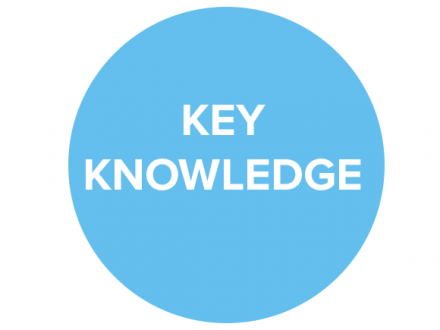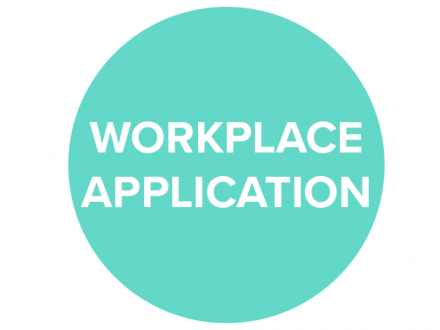ACCM's Commitment to Online Learning
ACCM College has successfully delivered high quality distance education across Australia for over 25 years.
This page explains how we address key requirements of online learning to ensure compliance and learner success.
Although we have been providing distance delivery for a long time, as the capabilities of online technology and the needs of our students evolved, so has ACCM.
But we have never changed our fundamental commitment to a quality education and ensuring our students are set up for success.
Successful online training and assessment demands a non-stop quality focus to understand the strengths and limitations of our chosen delivery method and the suitability of our students to use it.
ACCM demonstrates our commitment to quality by ensuring:
- Each student fully understands the Digital Literacy requirements of each qualification prior to enrolment
- We measure each student's Digital Literacy and ensure suitability to online delivery prior to finalising their enrolment
- Our online learning systems provide the most intuitive and straightforward user experience possible
- Every single subject we offer is suitable for online delivery and quality assessment
- ACCM maintains an active feedback system to drive continuous improvements across our operations
Keep reading to learn more about Digital Literacy and how ACCM maintains our quality focus.



